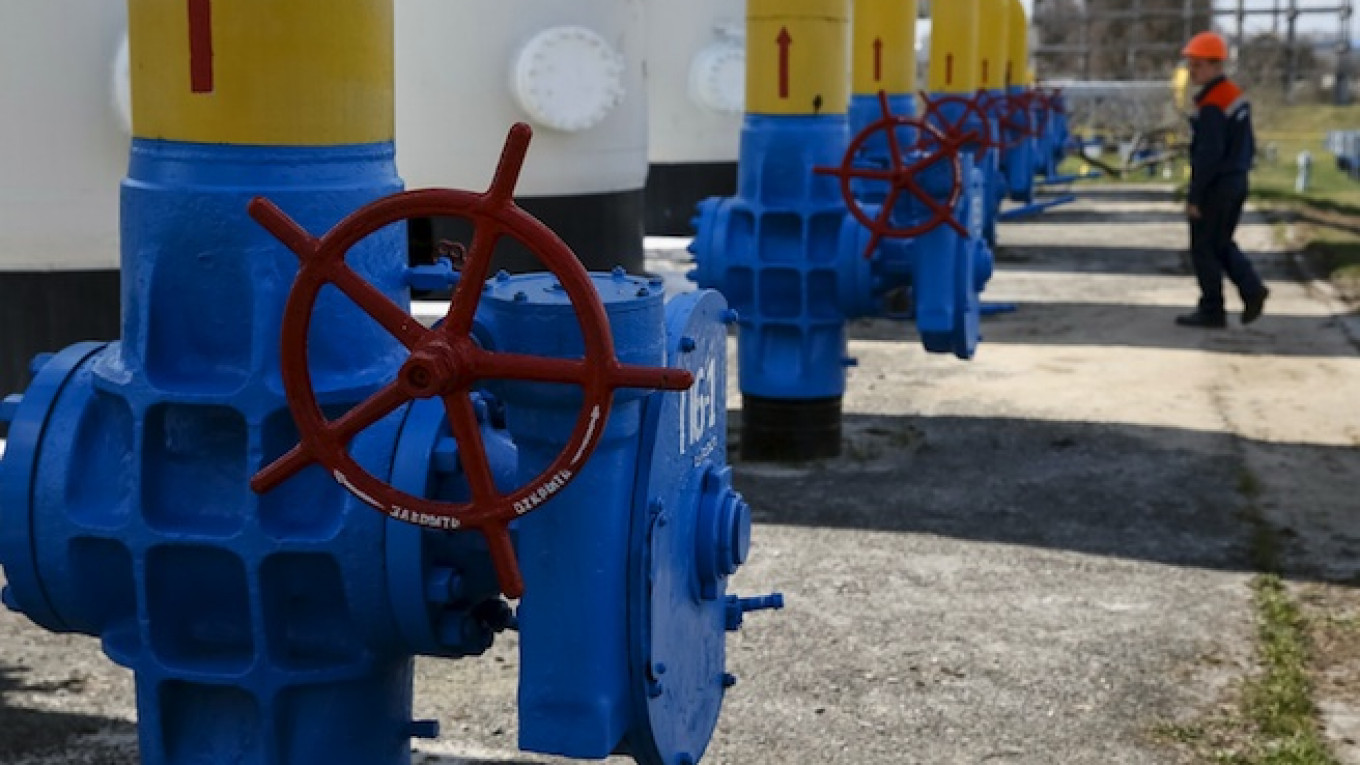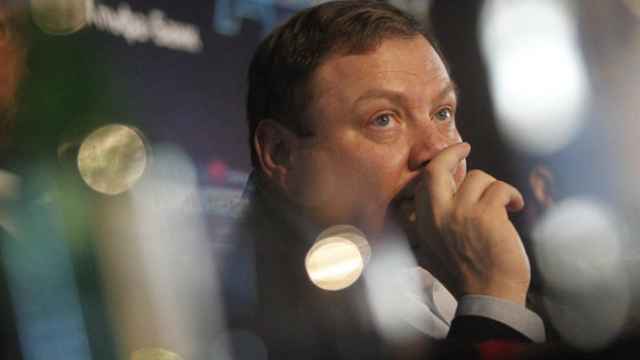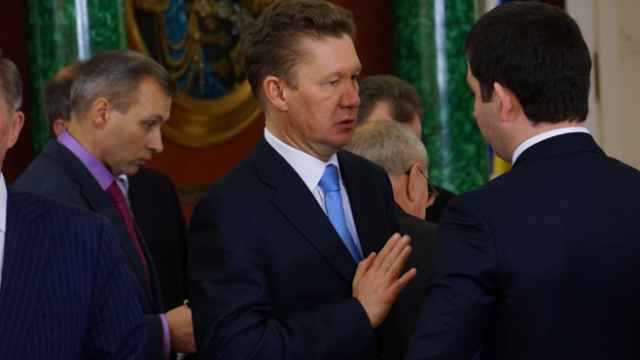BRUSSELS — Russia have avoided further diplomatic confrontation with Ukraine and the European Union at three-way trade talks and did not renew previous demands for Kiev's duty-free deal with the bloc to be put on hold.
Echoing comments from EU and Ukrainian officials, Russian Economy Minister Alexei Ulyukayev told reporters in Brussels on Monday that he had not raised the issue of postponing implementation of the EU-Ukraine free trade pact from its Jan. 1, 2016 start date.
"Our view is that the time remaining must be used as effectively as possible," he said of an agreement to continue negotiations on how the accord would be managed to address Moscow's concerns about its impact on Russian business and on Kiev's existing trade arrangements with ex-Soviet neighbors.
EU Trade Commissioner Cecilia Malmstrom highlighted the fact that all three parties jointly signed a statement that said the pact, which helped trigger the crisis between Moscow and Kiev 18 months ago, "will be provisionally applied as of Jan. 1, 2016."
She said Ulyukayev made no mention of delaying the accord, which was put off last year under pressure from Russia, nor of any demand to amend the agreement. She said there was also no mention of Russian retaliation. Moscow has in the past said it might cut off Ukraine's access to Russian markets.
"There were no threats," Malmstrom told reporters. "It was a very constructive atmosphere."
She acknowledged that Ukraine itself was still some way from fulfilling the EU's conditions for benefiting from all elements of the wide-ranging bilateral agreement but said it was making progress on passing required legislation and should be in a better position after another seven months of reforms.
Ukrainian Foreign Minister Pavlo Klimkin said after Monday's talks that the most important outcome was Russia's "understanding" that there would be no delay or amendments.
In their joint statement, the three delegations confirmed that experts would continue to meet and report back to ministers by July on progress toward resolving outstanding issues.
The trade talks have been part of a wider confrontation between Moscow and the West following its annexation of Ukraine's Crimea and support for separatists in eastern Ukraine.
A Message from The Moscow Times:
Dear readers,
We are facing unprecedented challenges. Russia's Prosecutor General's Office has designated The Moscow Times as an "undesirable" organization, criminalizing our work and putting our staff at risk of prosecution. This follows our earlier unjust labeling as a "foreign agent."
These actions are direct attempts to silence independent journalism in Russia. The authorities claim our work "discredits the decisions of the Russian leadership." We see things differently: we strive to provide accurate, unbiased reporting on Russia.
We, the journalists of The Moscow Times, refuse to be silenced. But to continue our work, we need your help.
Your support, no matter how small, makes a world of difference. If you can, please support us monthly starting from just $2. It's quick to set up, and every contribution makes a significant impact.
By supporting The Moscow Times, you're defending open, independent journalism in the face of repression. Thank you for standing with us.
Remind me later.






